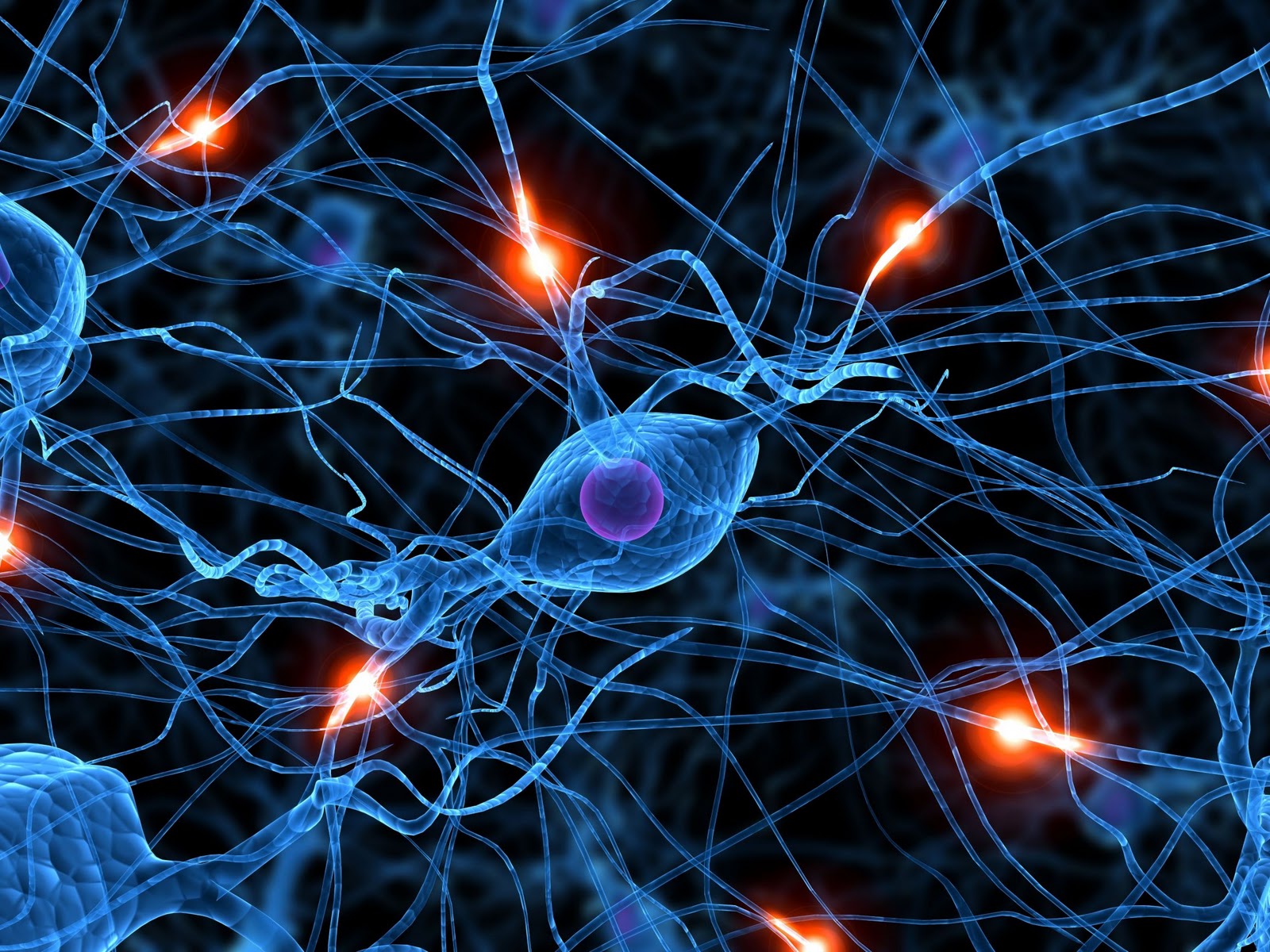We typically give little thought to the objects we interact with daily, whether that be setting down a water bottle, putting on shoes, or grabbing a backpack. There are two contexts that surrounds these objects: mental and physical. The physical context is what we concretely experience whereas the mental context is what we are thinking when we look at an object. A team led by Nicholas Turk-Browne, a professor in the Yale Department of Psychology, investigated how existing memories change when we encounter familiar objects in different mental contexts.
In their study, participants were asked to look at objects one at a time—some different and some repeating—in different stages. In each stage, they were asked to think about the object in a different way, creating a new mental context. For example, participants might have to assess how easy it would be to draw an object in one phase and then how organic, or “natural,” the object was in the next phase. They were then shown the object in a memory test and asked which task they performed first.
During all the stages, the participants’ brains were scanned with functional magnetic resonance imaging (fMRI), which was used to determine what information was being processed in the brain. They found that when people see the object in the second task, if their brain processes the object the same way it did when they saw it in the first task, that first memory suffers retroactive interference and gets modified based on the new task. This finding shows that memories of the past are not static or protected, but rather get continually updated and weakened as people gain new experiences.
The Turk-Browne lab continues to research memory, using fMRI in infants—for example—to study why, as adults, we cannot remember much from our early life.

